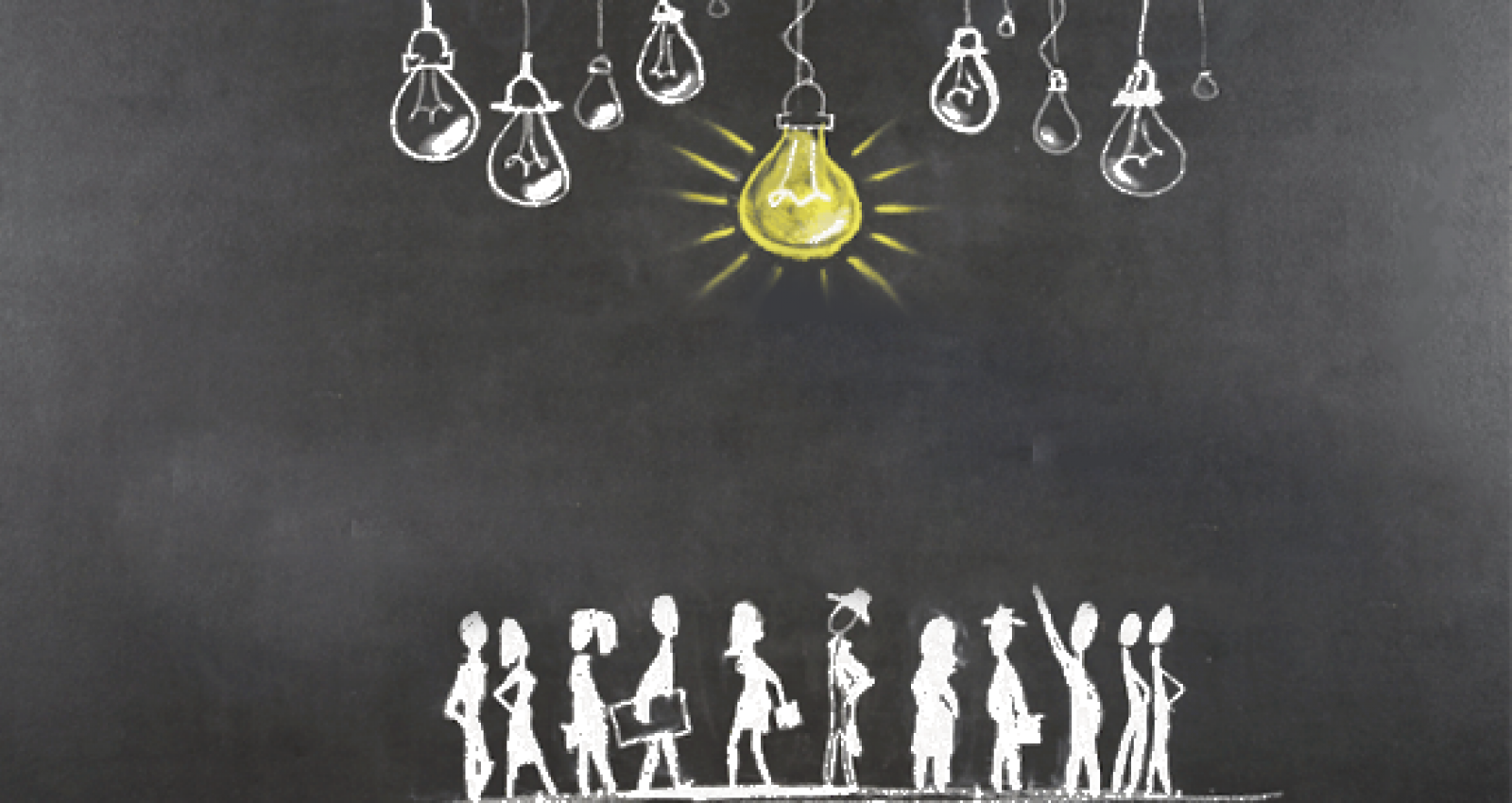A New Year's Resolution for the World Bank? To be - or become - a learning organization
Should the World Bank commit to become a Learning Organization? What will it take?
Should the World Bank commit to become a Learning Organization? What will it take?
By:
It's early January - still time for New Year's resolutions! Is there one for the World Bank Group? Well, if you ask the Independent Evaluation Group, we might suggest a resolution around learning: Learn (more) from your own M&E frameworks! Learn (more) from evaluation! Learn more! Become a learning organization. With the upcoming departure of Sanjay Pradhan, one of the Bank Group's leading advocates on learning, leadership and innovation, some might question what lies ahead. But there are also reasons to be hopeful. New roles are emerging that might take the agenda forward. Today's launch of the World Bank's Open Learning Campus bodes especially well for the future.
So should the World Bank commit to "become a Learning Organization?" Not at all, says Peter Senge, organizational change guru and head of the Society of Learning (SoL). In an interview with IEG, the MIT professor argues: it's like saying "what three steps should I take to become a perfect being?" Well, we can forget that! Becoming a Learning Organization, Senge notes, is an aspiration, not a steady state. And the World Bank could pursue this aspiration by focusing on people - on the innovators around the world, finding and connecting them; on its staff, creating for them a culture of collaboration, risk taking, learning from mistakes, openness and trust; and on its shareholders and board members, embracing political complexity and engaging on innovation and learning.
Senge's focus on people - rather than on systems (create a good IT platform), incentive structures (pay more if we are to learn well) or controls (performance ratings depend on good learning) - is refreshing and reflects much recent research in behavior science. November's Harvard Business Review (HBR) explicitly connected the topics of behavior change and organizational learning, arguing that people inherently tend towards four types of biases that need to be addressed when creating learning organizations: A bias towards success (instead of embracing a growth mindset), a bias towards action (instead of reflection), a bias towards fitting in (instead of being aware of and using one's special strengths) and a bias towards experts (instead of encouraging frontline involvement in solving challenges). The authors argue that it may be cheaper and easier in the short run to ignore failures, schedule work so that there's no time for reflection, require compliance with organizational norms, and turn to experts for quick solutions but, of course, short sighted.
Sounds familiar? Two IEG reports - How the Bank Learns from Operations and Learning and Results in World Bank Operations: Toward a New Learning Strategy - argue that personal biases among World Bank staff prevent effective learning from operations, and that these need to be addressed when building a supportive knowledge eco-system in the Bank. Drawing heavily on the 2015 World Development Report "Mind, Society, Behavior", IEG lists six biases that can limit cognitive strengths when learning: These are simplification bias, confirmation bias, self-serving bias, champion bias (sic!), sunk-cost bias (sic!) and the bias to interpret realities according to one's own experiences. The 2015 World Development Report takes an even broader look at the role of "the development professional" and is a worthwhile read for knowledge and learning professionals.
So it's us (the staff of the World Bank) who are "at fault"? This is what organizational scientists are telling us. That our own behaviors and biases prevent large organizations such as the World Bank Group from getting on the path towards becoming a learning organization. And it's also us who are the (perhaps only) source of change - at least along the lines of some of the organizational change literature. Peter Senge himself is very sanguine about organizations' ability to promote innovation in learning. "It is not going to happen through the official system," he says in his interview with IEG. It will happen in pockets, it will happen where people are [..] in the field, a little further away from the central command so to speak.
So should the World Bank Group's New Year's resolution be to find and support staff and managers who create learning cultures "leading from within"? Lois Kelly and Carmen Medina, in their book, Rebels at Work, suggest a bunch of strategies to do so. From what they say, there are places where this works. As evaluators, we would have to caution though: Is this really an efficient approach to changing an organization like the World Bank? And would leadership from the top not make a huge difference here? With a "growth mindset", as HBR would want us to have.
Is then wanting to become a Learning Organization the critical step? Much recent research seems to argue so. That already wanting something, putting our mind to it, can effectively fight biases, inertia, and poor behaviors. Mmmhhh! If the path is the goal: Will the World Bank (want to) go on that path? Towards the aspiration of becoming a learning organization? In 2016, World Bank management will put out its response to IEG's evaluations, listing actions that are believed to address shortcomings in learning from operations. Worthwile staying tuned!

Monika Weber-Fahr leads IEG’s efforts to accelerate knowledge sharing and learning associated with evaluations—with the ultimate objective of deepening World Bank Group impact and effectiveness.
Comments
Add new comment